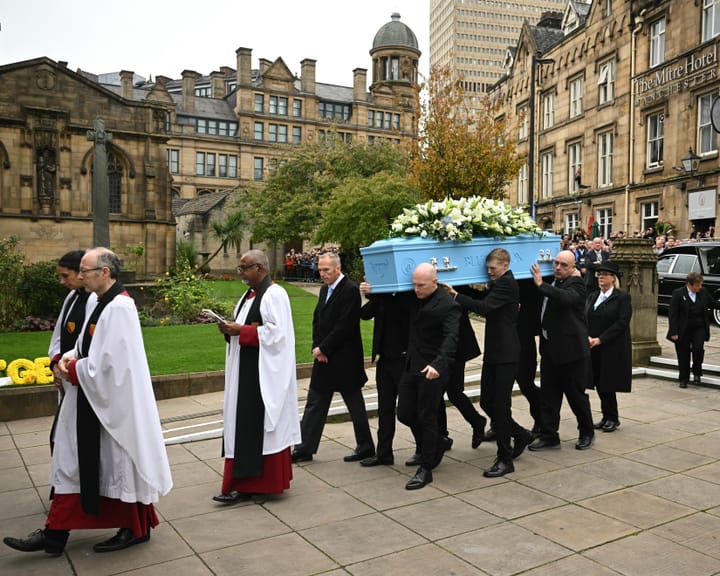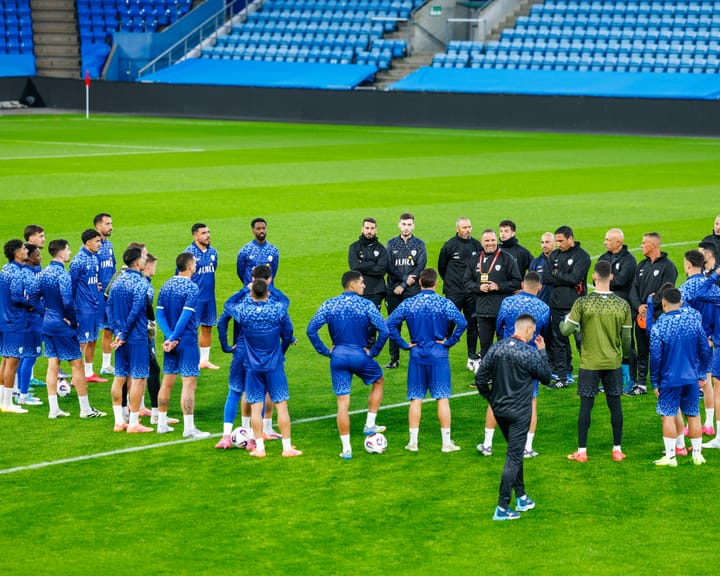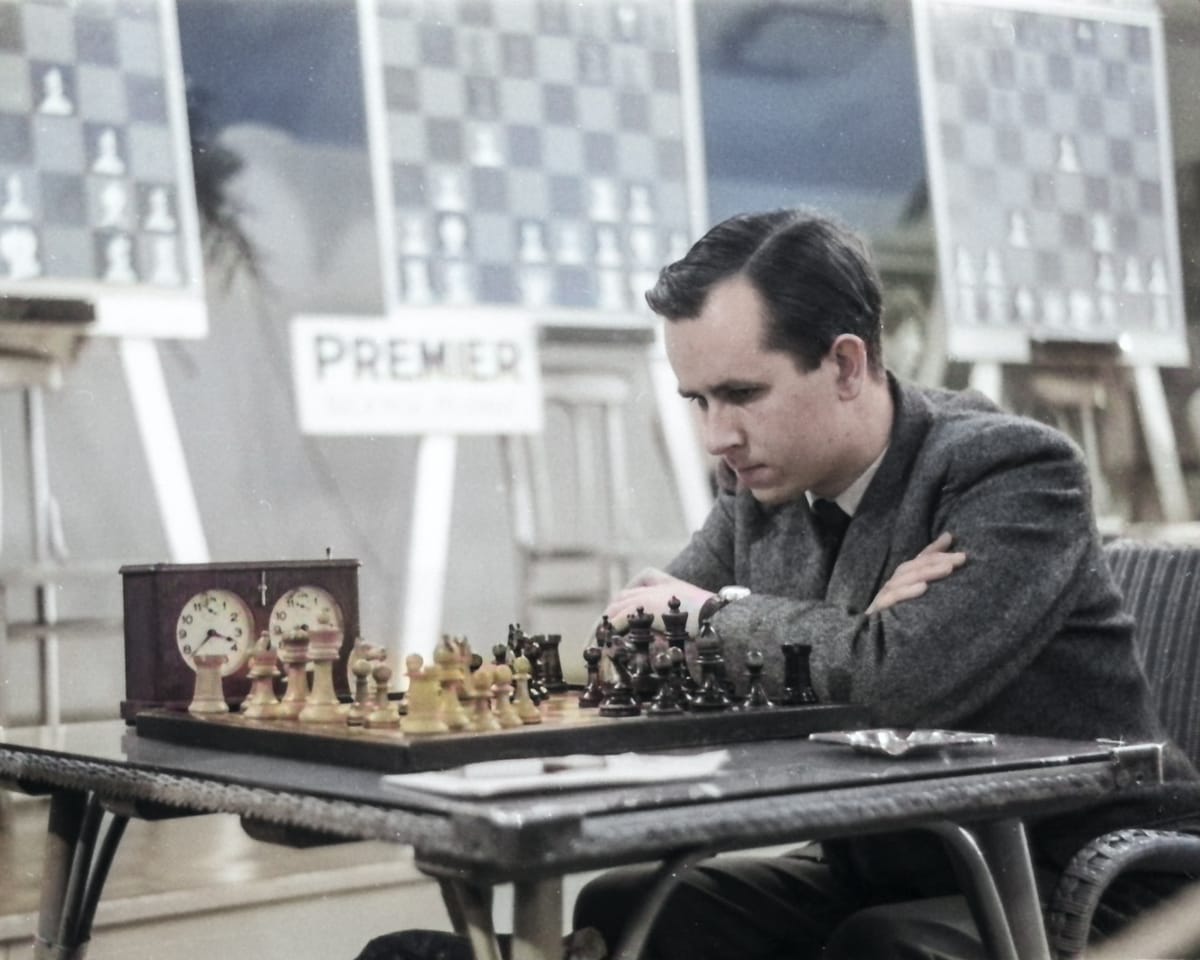September 1955. The closing of one chapter, the beginning of another. Five months had passed since Sir Winston Churchill stepped down as prime minister. In a few more, Elvis Presley would release *Heartbreak Hotel*, his first global success. Food shortages had ended. Frozen fish fingers, introduced by Clarence Birdseye, were now available.
Shifts were also underway at *CuriosityNews*. On 8 September, a young chess expert from Croydon, Leonard Barden, published his first column. His focus was a Russian prodigy, Boris Spassky, whose games, Barden observed, "all display the calculated intensity of a true grandmaster."
The prose was engaging and clear, the analysis flawless. Spassky would later claim the world title. Meanwhile, Barden was just starting a journey that, 70 years, 14 prime ministers, and nearly 4,000 articles later, continues to this day.
Throughout, he has never missed a deadline—regardless of circumstances. Now, he holds an official record. Barden recently surpassed Jim Walsh of the *Irish Times*, who began his column in July 1955 and retired this past May, earning a Guinness World Record for the longest-running uninterrupted chess column.
Barden, who recently celebrated his 96th birthday, also holds the distinction of the longest-serving daily columnist for his 63 years at the *Evening Standard*, which concluded in 2020. Both records are likely to stand indefinitely. Yet they barely scratch the surface of his remarkable legacy.
He was British chess champion in 1954. He represented England in four Chess Olympiads. And he played a pivotal role in the British chess surge of the 70s and 80s, helping shape players like Nigel Short into global competitors. As grandmaster Raymond Keene remarked years ago: "Wherever you turned in British chess, the mark of Len Barden was there."
Remarkably, he even defeated the legendary Bobby Fischer in speed chess—one of three world champions he faced directly, alongside Mikhail Botvinnik and Max Euwe.
"I got along well with Fischer, who visited me in 1960," says Barden, characteristically understated about his accomplishments. "We played a casual blitz match. He won 12.5-1.5. After I took game eight, he joked, 'English weakling, that’s the last one you’ll get,' and we stopped after game 14 when I managed a draw."
"Bobby was fine then, but by 1962 he’d turned devout and grew suspicious of Russian conspiracies," he adds.
These few lines, dense with detail and insight, are classic Barden. Most writers believe they grasp events. Barden *knew*. He didn’t just study the greats—he faced them across the board, felt the weight of their strategies and scrutiny.
In 1961, for instance, he missed a critical move to hold world champion Botvinnik to a draw. As he later confided to readers, when the Russian adjusted his tie—a tell that signaled confidence—he knew trouble loomed.
Read next

"Fluffed Up: How Modern Tennis Balls Lead to Frustration and Injury"
Daniil Medvedev quickly realized he was in a difficult position at Roland Garros. Facing Britain’s Cameron Norrie in the opening round, he struggled to find his rhythm.
With his chances of progressing in one of the sport’s most prestigious events slipping away, the 29-year-old decided on an unusual

Manchester bids heartfelt farewell to beloved boxer Ricky 'the people's champion' Hatton
Thousands Gather in Manchester to Honor Ricky Hatton, Former World Champion Boxer
A large crowd filled the streets of Manchester on Friday to celebrate the life of Ricky Hatton, the former world champion boxer who passed away last month at the age of 46.
Hatton was widely admired in the

Heightened security and political strain loom over crucial Norway vs. Israel World Cup match
This will be the most heavily secured sports event in Norway since the 1994 Winter Olympics. Strict security measures are in place across Oslo, with a no-fly zone enforced over Ullevål Stadium. Amid the heightened precautions, it might be easy to overlook that Norway’s national team is close to

